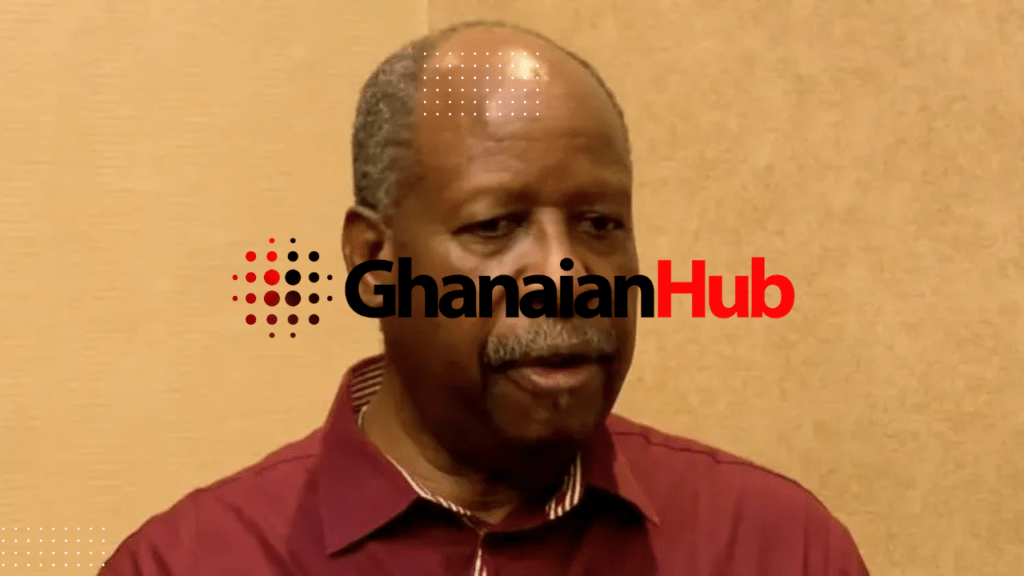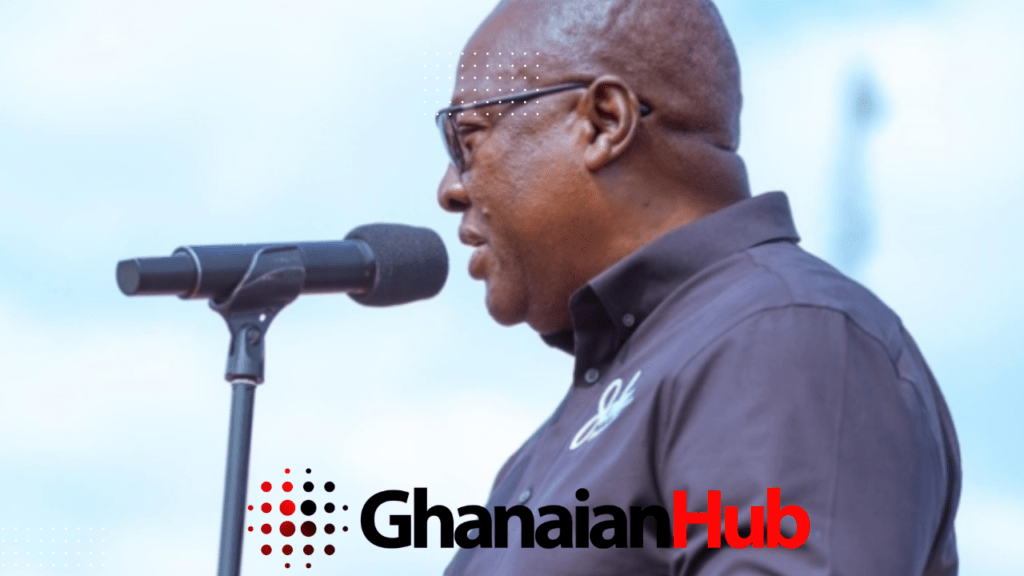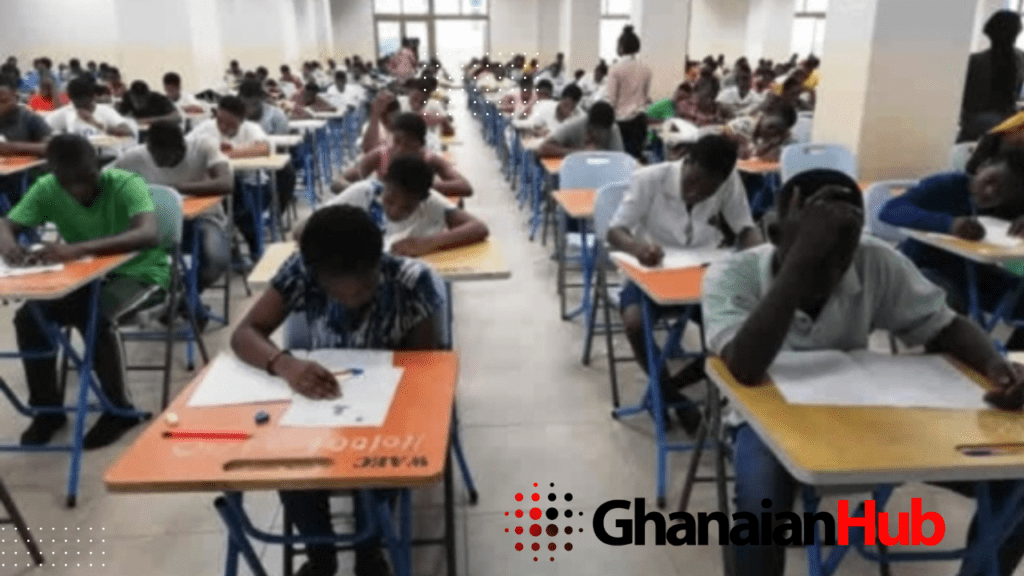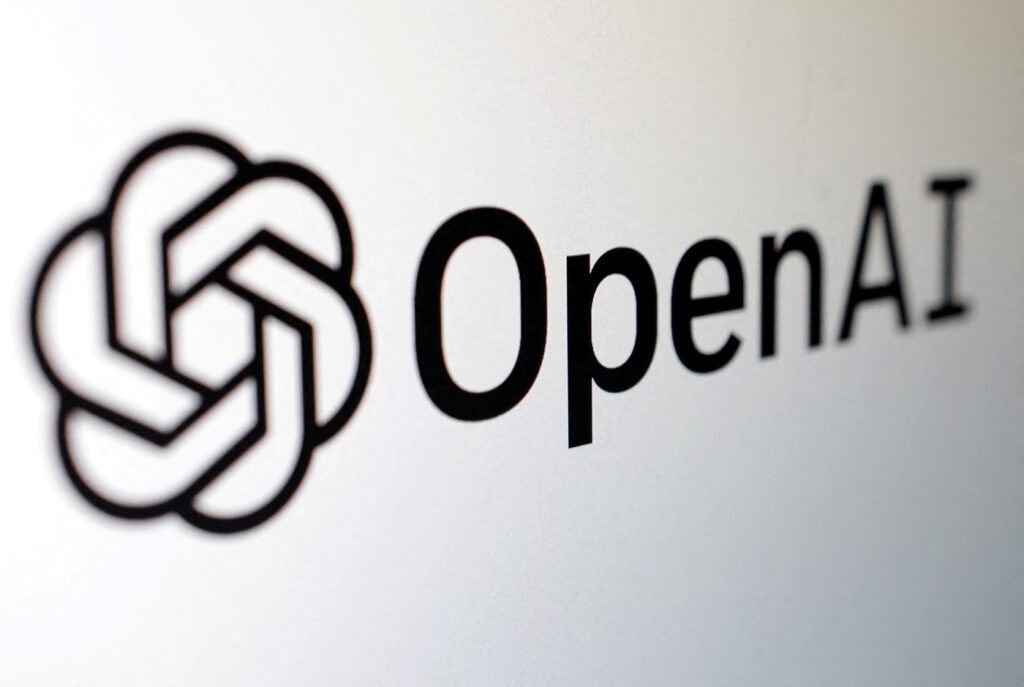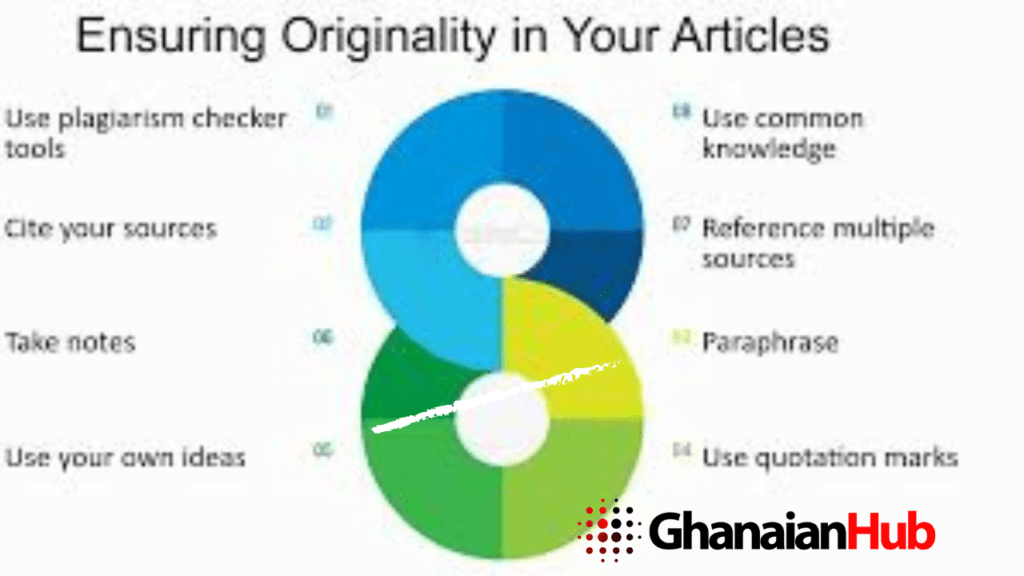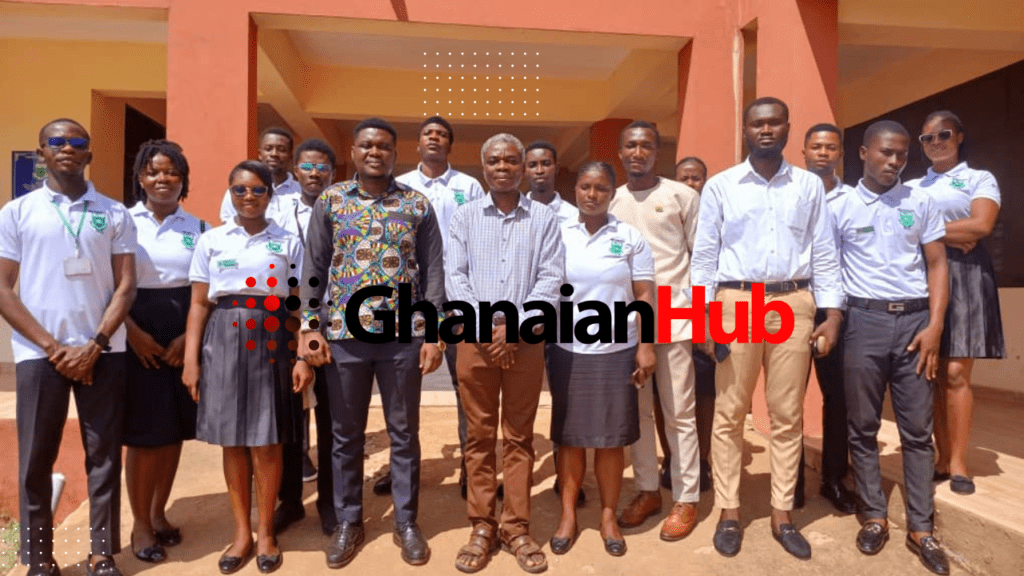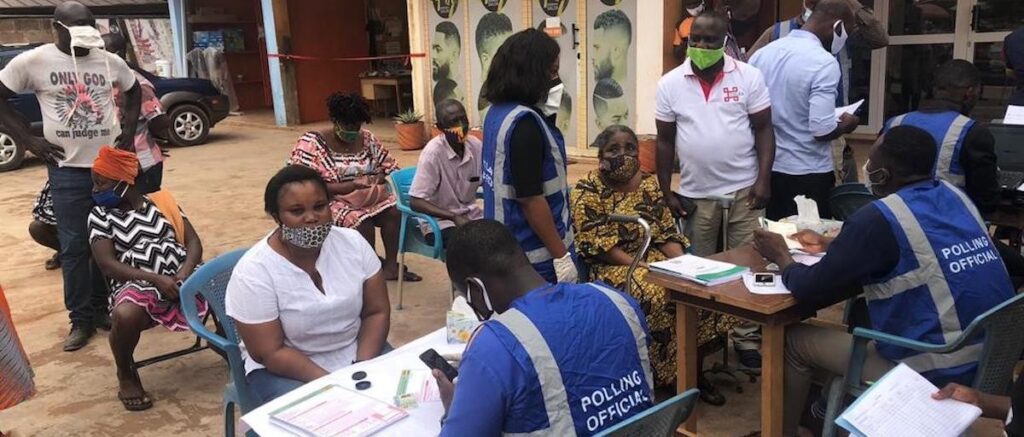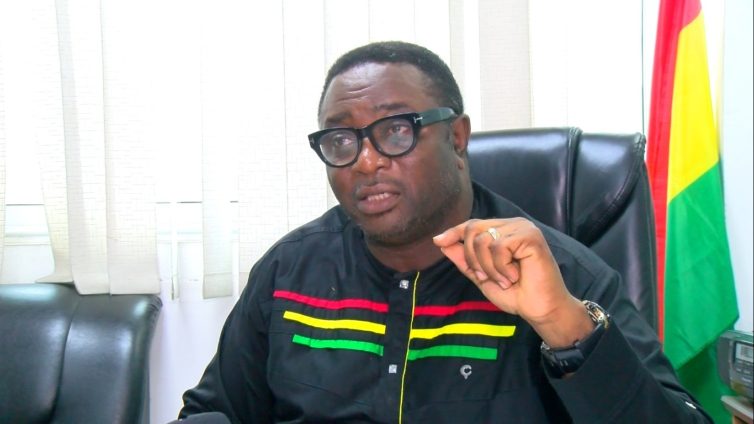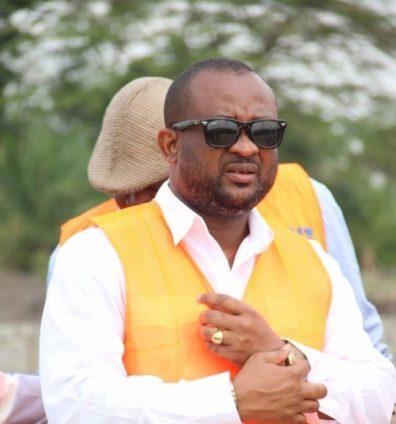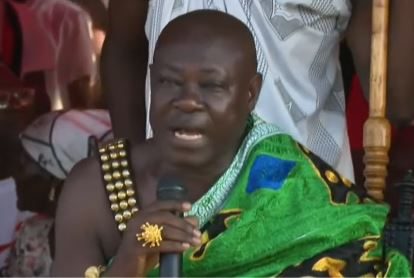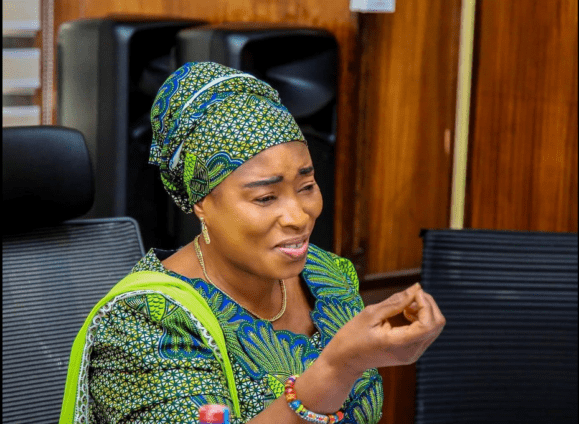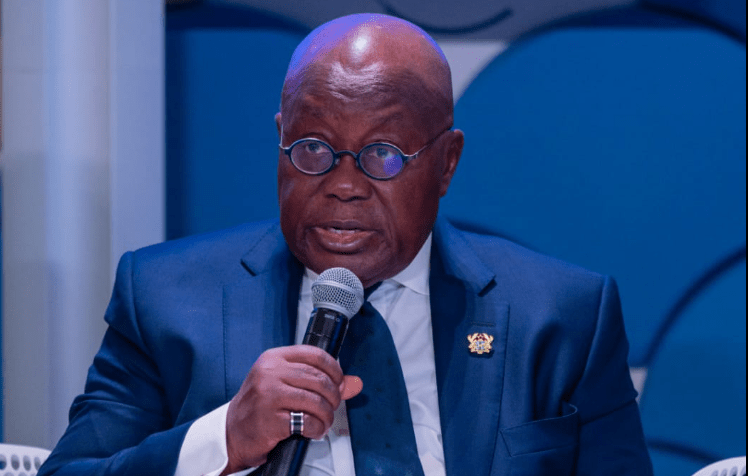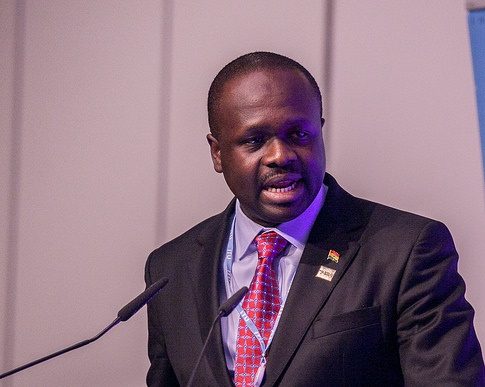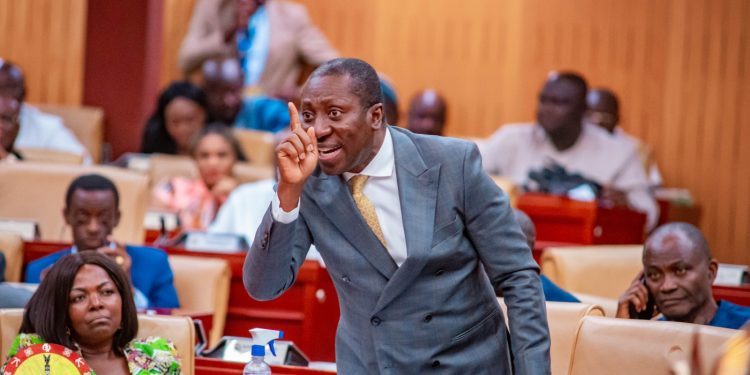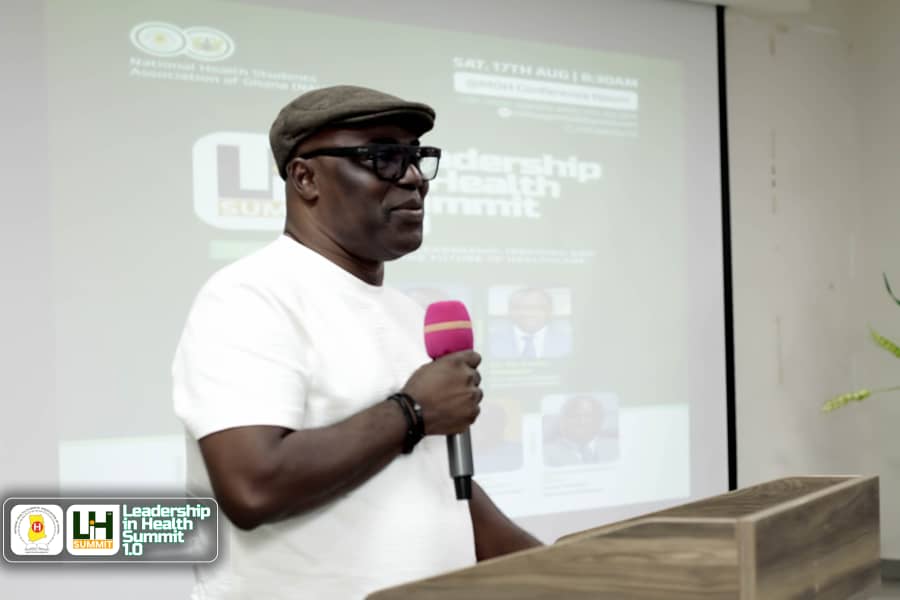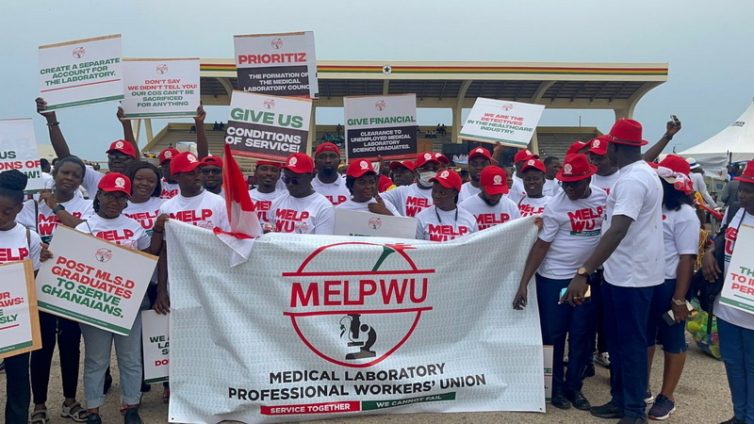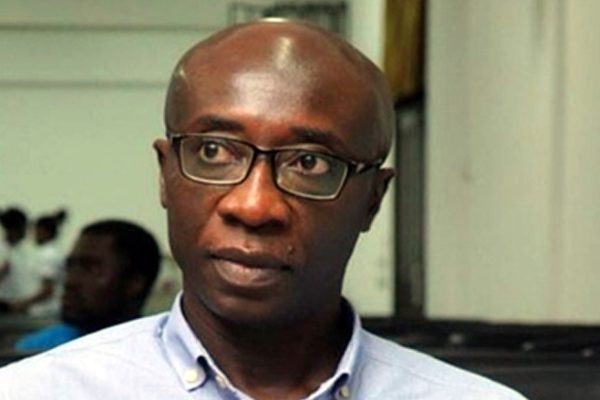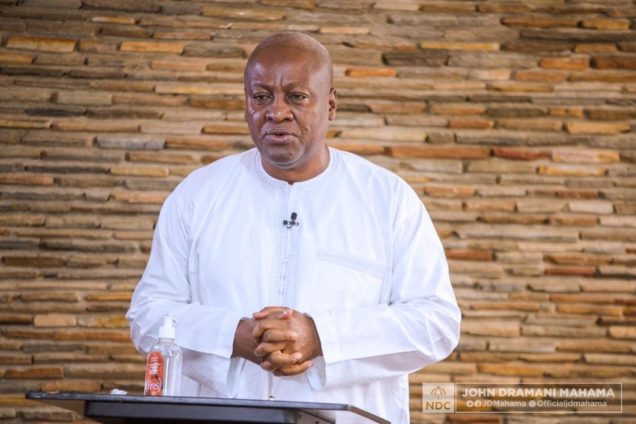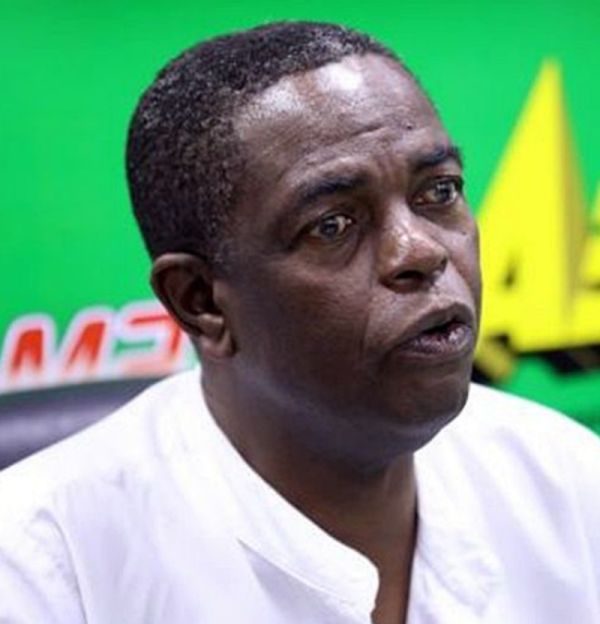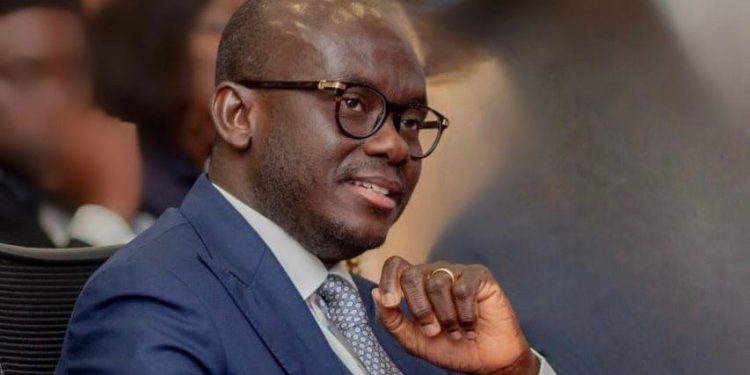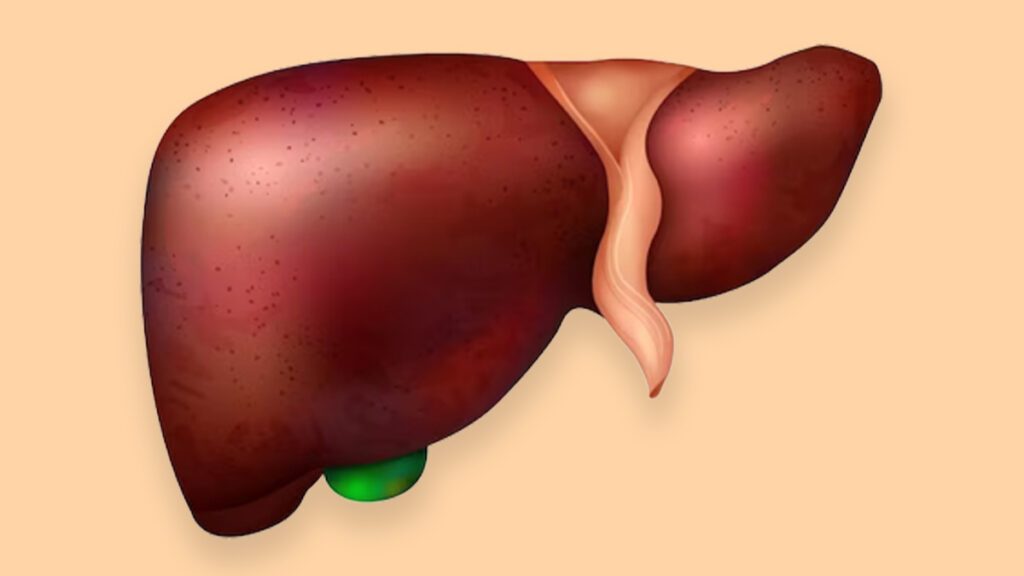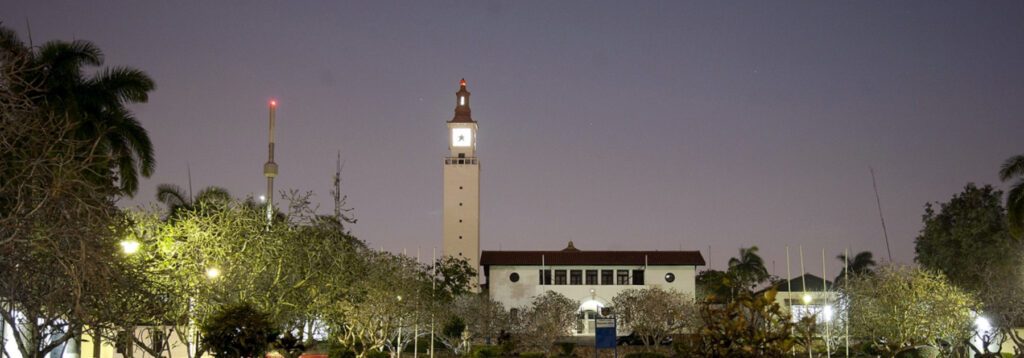UTAG President Reiterates Strike Threat Over Government’s Inaction on Illegal Mining

UTAG President Reiterates Strike Threat Over Government’s Inaction on Illegal Mining
The President of the University Teachers Association of Ghana (UTAG), Prof. Mamudu Akudugu, has reaffirmed the association’s decision to embark on a nationwide strike if the government fails to take decisive action against illegal mining, commonly referred to as “galamsey.” He stressed that the strike is a constitutional measure to pressure the government into addressing the devastating impact of illegal mining on the environment and public health.
Speaking on JoyFM’s Midday News on Tuesday, September 10, Prof. Akudugu acknowledged that the strike could disrupt academic activities across universities but maintained that it is a necessary step given the current environmental crisis. He explained that UTAG’s actions are driven by the urgency of the situation, particularly in the face of the growing destruction of Ghana’s natural resources.
“Strategic decisive decisions have to be taken, and we believe that we are at a crisis point where we must act. Yes, the students will suffer, but it’s better to endure the consequences now than face a much worse future. Our decisions are made with the future in mind. Though it may be inconvenient, we must act now,” Prof. Akudugu stated.
UTAG has issued a strong ultimatum, threatening to begin a nationwide strike by the end of September 2024 if the government does not impose a total ban on illegal mining. In a scathing statement, the association criticized the government’s efforts to combat galamsey, describing them as “failed and corruption-infested militarized battles.”
The statement further highlighted the grave consequences of illegal mining on Ghana’s environment, including the destruction of over 2.5 million hectares of forest cover, a 35% rise in respiratory diseases in mining communities, and an annual economic loss of approximately $2.3 billion. UTAG warned that, without urgent intervention, Ghana could face a future where potable water would need to be imported within six years.
When asked about the strike’s potential impact on students, Prof. Akudugu noted that the long-term consequences of galamsey affect everyone, including students. He expressed confidence that students might even support the strike, recognizing the broader impact of illegal mining on their future and the country’s resources.
“This issue affects both students and lecturers, as well as people outside the university. We believe that students may even join us in this protest because the effects of galamsey do not discriminate,” he said.
Prof. Akudugu added that UTAG plans to engage with stakeholders, including the government, before the end of September to find a collective solution to the galamsey crisis. He also mentioned that UTAG’s parent body, the Trade Union Congress (TUC), would be holding a press conference to address the same issue, emphasizing the non-partisan nature of the fight against illegal mining.
“We have to bite the bullet, unfortunately, because this is an issue that affects everyone, regardless of political affiliation or religion. The earlier we understand that, the better equipped we will be to take decisive action to protect our environment and, by extension, our livelihoods,” Prof. Akudugu concluded.
With environmental degradation escalating and public health at risk, UTAG’s impending strike adds to the mounting pressure on the government to take immediate and effective measures to halt illegal mining activities.


 English
English 





